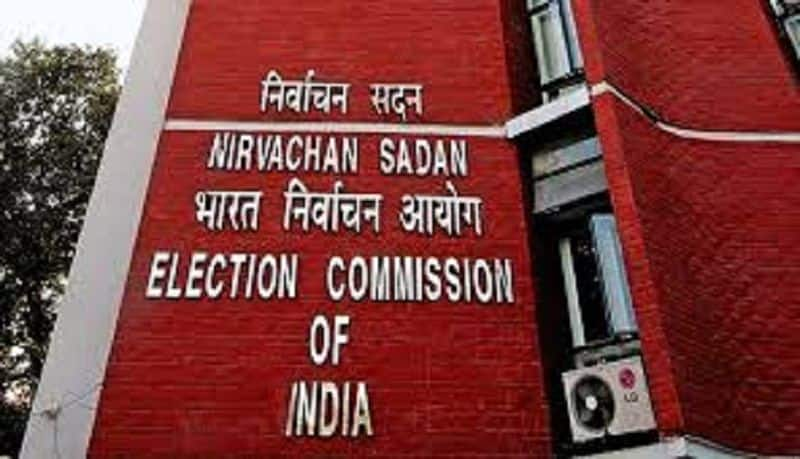The 2019 general election has become much more sensitive as compared to the previous one, at least in terms of the law and order situation prevailing in the country. This time the election commission has increased police observers in almost every state.
New Delhi: The 2019 general election has become much more sensitive as compared to the previous one, at least in terms of the law and order situation prevailing in the country. This time the election commission has increased police observers in almost every state. But interestingly, the case is different in Jammu and Kashmir.
Here, the number of police observers has been decreased this time.
India's biggest state in terms of constituencies -- Uttar Pradesh-- has more than double police observers than the last elections. This time the state is more sensitive, and in the previous election seasons, there were complaints of a weak law and order situation.
Similarly in West Bengal, which has been witnessing the direct struggle between the state and centre's police and investigating agencies, extra police observers have been deployed by ECI. The election commission has increased deployment by almost 30%, as 24 police observers have been deployed as opposed to 16 the previous time.
Already, West Bengal Chief Minister Mamata Banerjee and CPM party had raised questions over the integrity of ECI appointed police observer KK Sharma, ex BSF Director General who was replaced after the controversy. Mamata Banerjee had alleged that KK Sharma had attended an RSS event and termed him an RSS man.
In Maharashtra which is the second biggest state based on the number of constituencies, this time there is a 600% rise in the number of police observers deployed. This time, ECI has deployed 25 police observers. Last time in 2014, during the general election, ECI had deployed only four police observers.
"Police observers decide on the basis of sensitivity of law and order situation in that particular state. It depends on the number of incidents reported during previous state and general elections, the number of complaints made by political parties etc. This is decided after vulnerable mapping done by ECI keeping all these factors in mind," a senior IPS officer deployed in Election duty explained.

The United States' intelligence report has hinted that there may be some communal tension ahead of the General elections. "BJP policies during [Narendra] Modi’s first term have deepened communal tensions in some BJP-governed states, and Hindu nationalist state leaders might view a Hindu-nationalist campaign as a signal to incite low-level violence to animate their supporters,” the Worldwide Threat Assessment report said.
Last Updated Apr 1, 2019, 3:45 PM IST











![Salman Khan sets stage on fire for Anant Ambani, Radhika Merchant pre-wedding festivities [WATCH] ATG](https://static-ai.asianetnews.com/images/01hr1hh8y86gvb4kbqgnyhc0w0/whatsapp-image-2024-03-03-at-12-24-37-pm_100x60xt.jpg)
![Pregnant Deepika Padukone dances with Ranveer Singh at Anant Ambani, Radhika Merchant pre-wedding bash [WATCH] ATG](https://static-ai.asianetnews.com/images/01hr1ffyd3nzqzgm6ba0k87vr8/whatsapp-image-2024-03-03-at-11-45-35-am_100x60xt.jpg)



